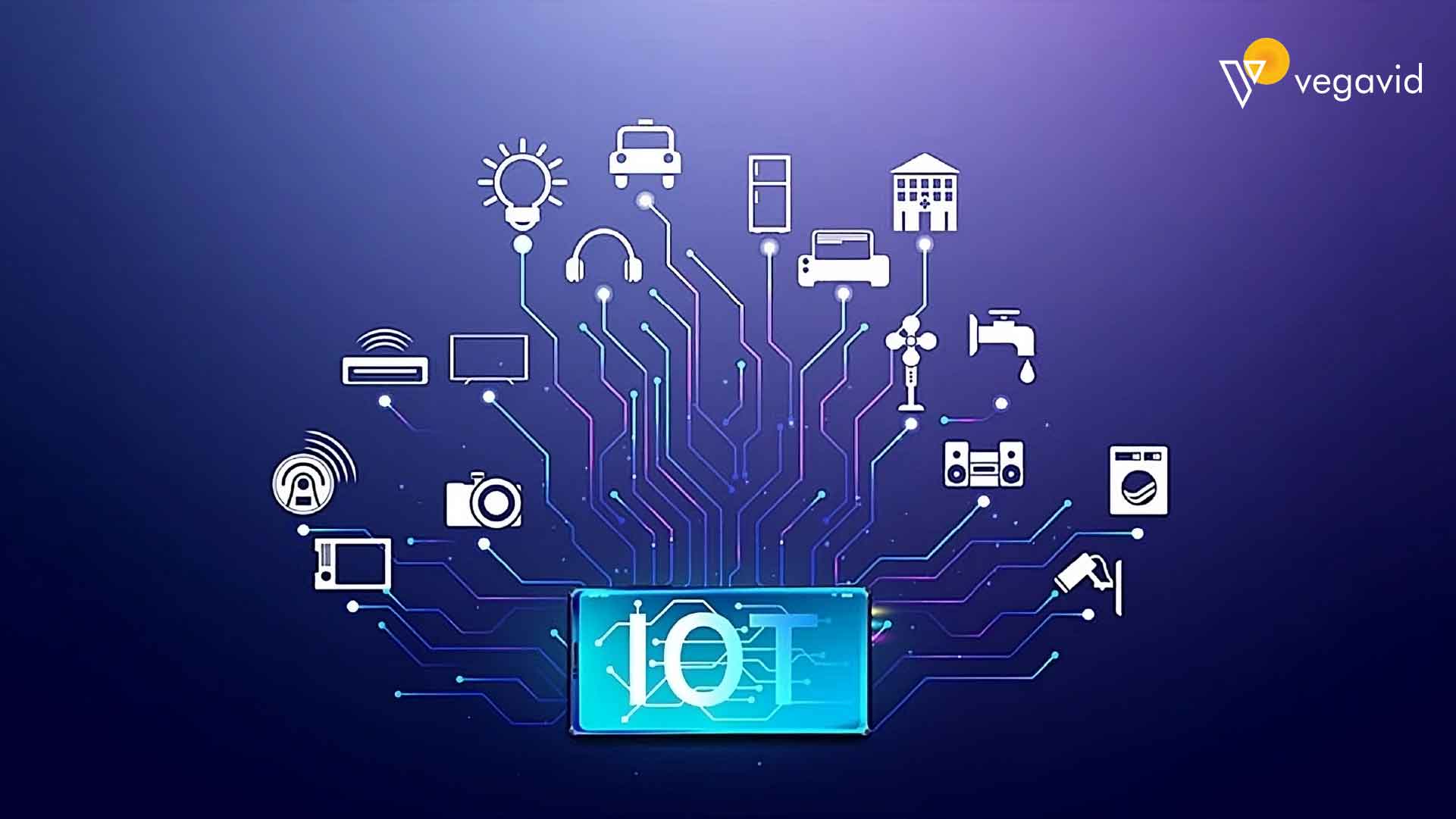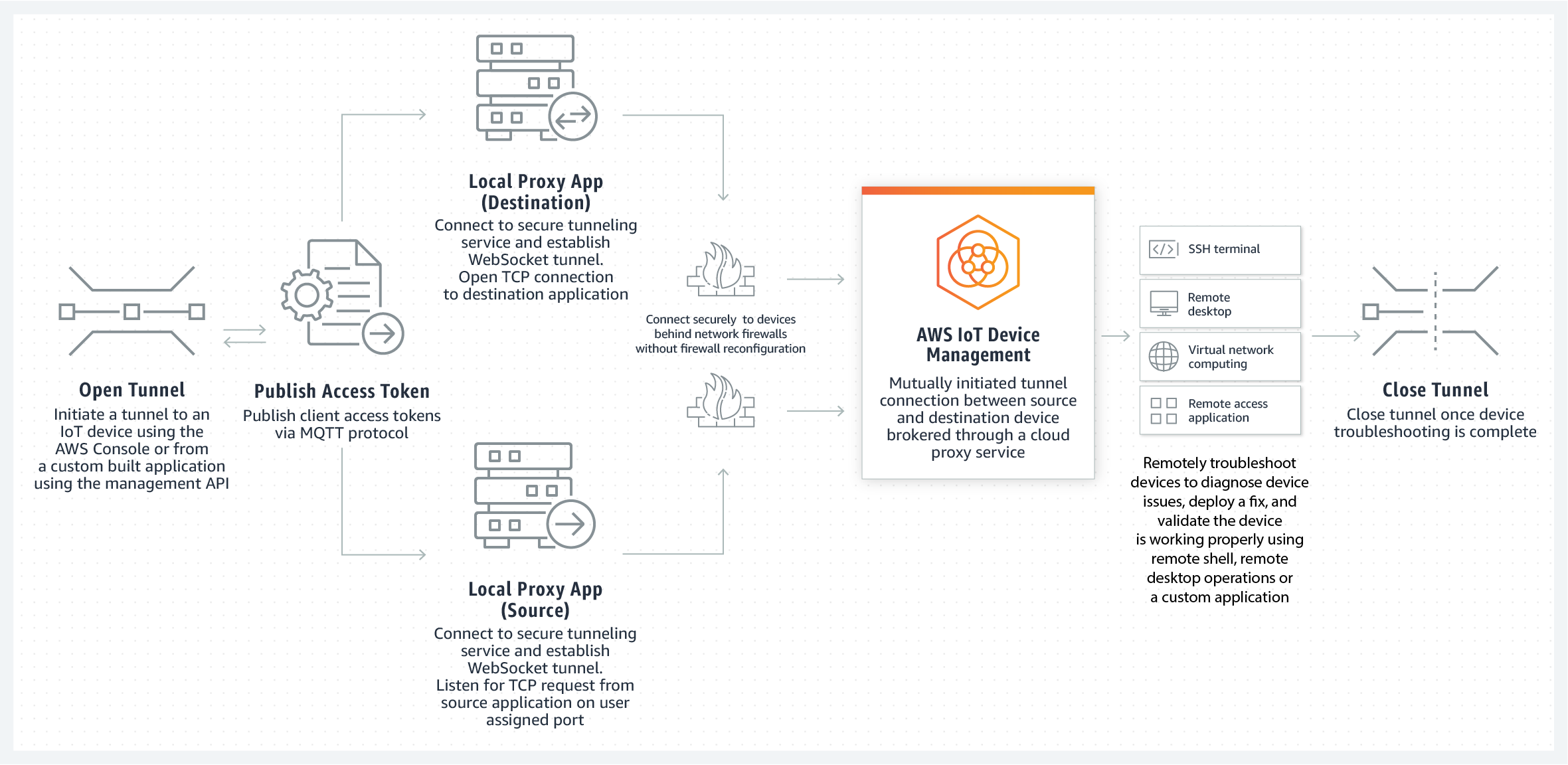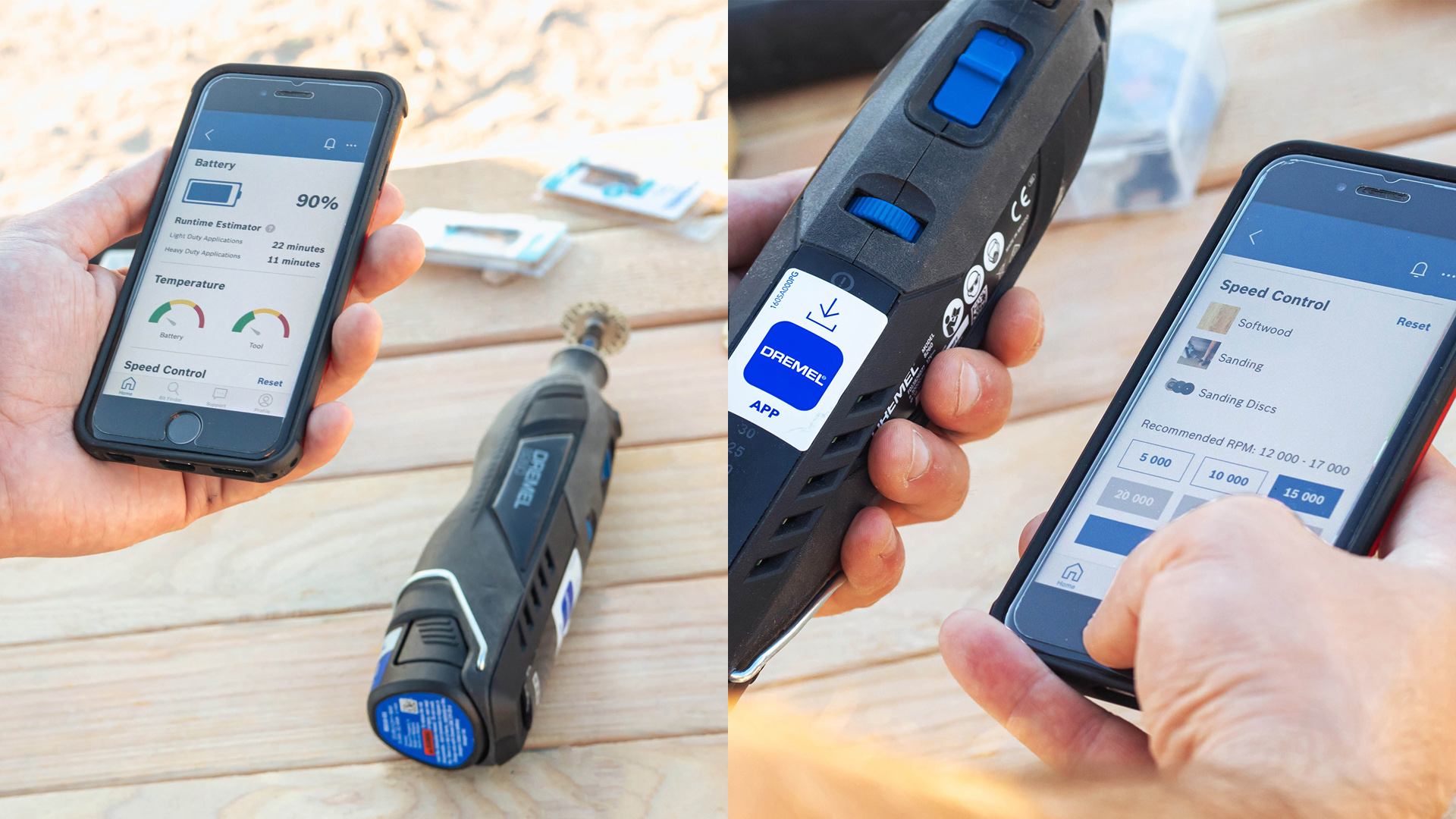Secure Remote Management IoT Device: The Ultimate Guide To Safeguarding Your Smart Tech
Imagine this: you're miles away from home, and suddenly you get a notification that someone's trying to access your smart home devices. Scary, right? Secure remote management IoT device is no longer just a buzzword; it's a necessity in our increasingly connected world. As more gadgets join the Internet of Things (IoT) ecosystem, the risks of cyber threats skyrocket. But don't panic! This guide will walk you through everything you need to know to keep your IoT devices safe while managing them remotely.
From smart thermostats to security cameras, IoT devices are revolutionizing how we live and work. But with great convenience comes great responsibility. The challenge? Ensuring these devices are secure and can be managed remotely without compromising your privacy or security. That's where secure remote management comes in, offering a solution that balances usability with protection.
Whether you're a tech-savvy homeowner or a business owner looking to enhance your operations, understanding secure remote management IoT device practices is crucial. Let's dive in and explore how you can protect your smart devices without losing the flexibility of remote access.
- Hdhub4u In Com Your Ultimate Movie Streaming Destination
- Unveiling The World Of Filmyfly Your Ultimate Movie Destination
Why Secure Remote Management IoT Device Matters
IoT devices are everywhere, from your kitchen to your office, and they're only getting smarter. But here's the kicker: these devices are often vulnerable to cyberattacks. Without proper security measures, hackers can easily infiltrate your network, steal your data, or even take control of your devices. That's why secure remote management isn't just an option—it's a must.
Understanding the Risks of IoT Vulnerabilities
Let's break it down. IoT devices are often designed with convenience in mind, sometimes at the expense of security. Many of these gadgets come with default passwords that are easy to guess or outdated firmware that hasn't been updated in years. Hackers love exploiting these weaknesses, and once they're in, they can wreak havoc on your entire network.
- Weak passwords are a hacker's dream come true.
- Outdated firmware is like leaving your front door unlocked.
- Unsecured networks are an open invitation for cybercriminals.
How Secure Remote Management Can Help
Now, here's the good news: secure remote management offers a way to protect your IoT devices without sacrificing the convenience of remote access. By implementing strong authentication protocols, encrypting data, and regularly updating firmware, you can significantly reduce the risk of a breach. Plus, with the right tools, you can monitor your devices in real-time and respond to threats as they happen.
- Joey King Sexual Orientation Unveiling The Truth Behind The Spotlight
- Filmyfly Com Online 2025 Your Ultimate Guide To Stream Movies Legally
Key Components of Secure Remote Management
So, what exactly goes into secure remote management? Let's take a look at the key components that make this system work:
Authentication and Authorization
Think of authentication as the bouncer at a club. It's the process of verifying who's allowed to access your devices. Authorization, on the other hand, determines what each user can do once they're inside. Together, these two components form the backbone of secure remote management.
- Multi-factor authentication (MFA) adds an extra layer of security by requiring users to provide multiple forms of identification.
- Role-based access control (RBAC) ensures that users only have access to the features they need, reducing the risk of accidental or intentional misuse.
Data Encryption
Encryption is like putting your data in a safe. Even if someone manages to break into your network, they won't be able to read your information without the key. Secure remote management relies heavily on encryption to protect data both in transit and at rest.
Here are some encryption methods you should consider:
- Transport Layer Security (TLS) encrypts data as it travels between devices and servers.
- Advanced Encryption Standard (AES) provides robust protection for data stored on devices.
Best Practices for Secure Remote Management IoT Device
Now that you understand the basics, let's talk about how to put them into practice. Here are some best practices for securing your IoT devices:
Regular Firmware Updates
Keeping your firmware up to date is one of the easiest ways to protect your devices. Manufacturers frequently release updates that patch security vulnerabilities and improve performance. Set up automatic updates if possible, or make it a habit to check for updates regularly.
Network Segmentation
Segmenting your network is like creating separate rooms in your house. By dividing your network into smaller subnets, you can limit the damage if one part of your network is compromised. This way, even if a hacker gains access to one device, they won't be able to move freely across your entire network.
Tools and Technologies for Secure Remote Management
There are plenty of tools and technologies available to help you implement secure remote management. Here are a few worth considering:
Remote Access Software
Remote access software allows you to manage your IoT devices from anywhere in the world. Look for solutions that offer strong encryption, multi-factor authentication, and real-time monitoring capabilities.
IoT Security Platforms
IoT security platforms provide a comprehensive approach to securing your devices. These platforms often include features like threat detection, vulnerability assessment, and policy enforcement, all in one package.
Case Studies: Real-World Examples of Secure Remote Management
Let's take a look at some real-world examples of how secure remote management has helped businesses and individuals protect their IoT devices:
Smart Home Security
A homeowner in California used secure remote management to monitor and control their smart home devices. When they received an alert about suspicious activity on their network, they were able to quickly respond and prevent a potential breach.
Industrial IoT
A manufacturing company implemented secure remote management to oversee their IoT-enabled machinery. By doing so, they reduced downtime, improved efficiency, and enhanced overall security.
Challenges and Solutions in Secure Remote Management
Of course, no system is perfect. Here are some common challenges in secure remote management and how to overcome them:
Complexity
Setting up secure remote management can be complex, especially for those without a technical background. The solution? Look for user-friendly tools and platforms that simplify the process.
Cost
Implementing secure remote management can be expensive, but the cost of a data breach is often much higher. Consider the long-term benefits when evaluating the cost of security solutions.
Future Trends in Secure Remote Management IoT Device
As technology continues to evolve, so too will the methods for secure remote management. Here are some trends to watch:
Artificial Intelligence
AI-powered security systems can detect and respond to threats in real-time, offering a level of protection that traditional methods can't match.
Quantum Cryptography
Quantum cryptography promises to revolutionize data security by making encryption virtually unbreakable. While still in its early stages, this technology could play a significant role in the future of secure remote management.
Conclusion
In conclusion, secure remote management IoT device is essential in today's connected world. By understanding the risks, implementing best practices, and leveraging the right tools and technologies, you can protect your devices and enjoy the convenience of remote access without compromising your security.
So, what are you waiting for? Take action today by reviewing your current security measures and making the necessary improvements. And don't forget to share this article with your friends and family to help them stay safe online!
Table of Contents
- Why Secure Remote Management IoT Device Matters
- Key Components of Secure Remote Management
- Best Practices for Secure Remote Management IoT Device
- Tools and Technologies for Secure Remote Management
- Case Studies: Real-World Examples of Secure Remote Management
- Challenges and Solutions in Secure Remote Management
- Future Trends in Secure Remote Management IoT Device
- Conclusion



Detail Author:
- Name : Pansy Bernier III
- Username : iauer
- Email : witting.lewis@gmail.com
- Birthdate : 1970-09-01
- Address : 3482 Schmeler Pine Lake Audratown, WI 20418-0014
- Phone : 980-635-2493
- Company : Blanda, Gerlach and Schroeder
- Job : Woodworking Machine Operator
- Bio : Sed ut nobis nostrum neque temporibus. Porro hic sit facere. Quia error accusantium quisquam. Nobis omnis est autem quibusdam autem ea.
Socials
twitter:
- url : https://twitter.com/grant2000
- username : grant2000
- bio : Ut aut dolorem corrupti quos modi voluptas. Adipisci deserunt quibusdam iure occaecati dolore. Molestiae iure cupiditate neque fugiat.
- followers : 3899
- following : 596
instagram:
- url : https://instagram.com/roman_official
- username : roman_official
- bio : Animi harum quia facere non natus corrupti. Delectus aut sit quidem in ipsa delectus ut.
- followers : 6026
- following : 381
facebook:
- url : https://facebook.com/romangrant
- username : romangrant
- bio : Aliquid velit accusantium tempore magni aut molestias.
- followers : 6262
- following : 2600